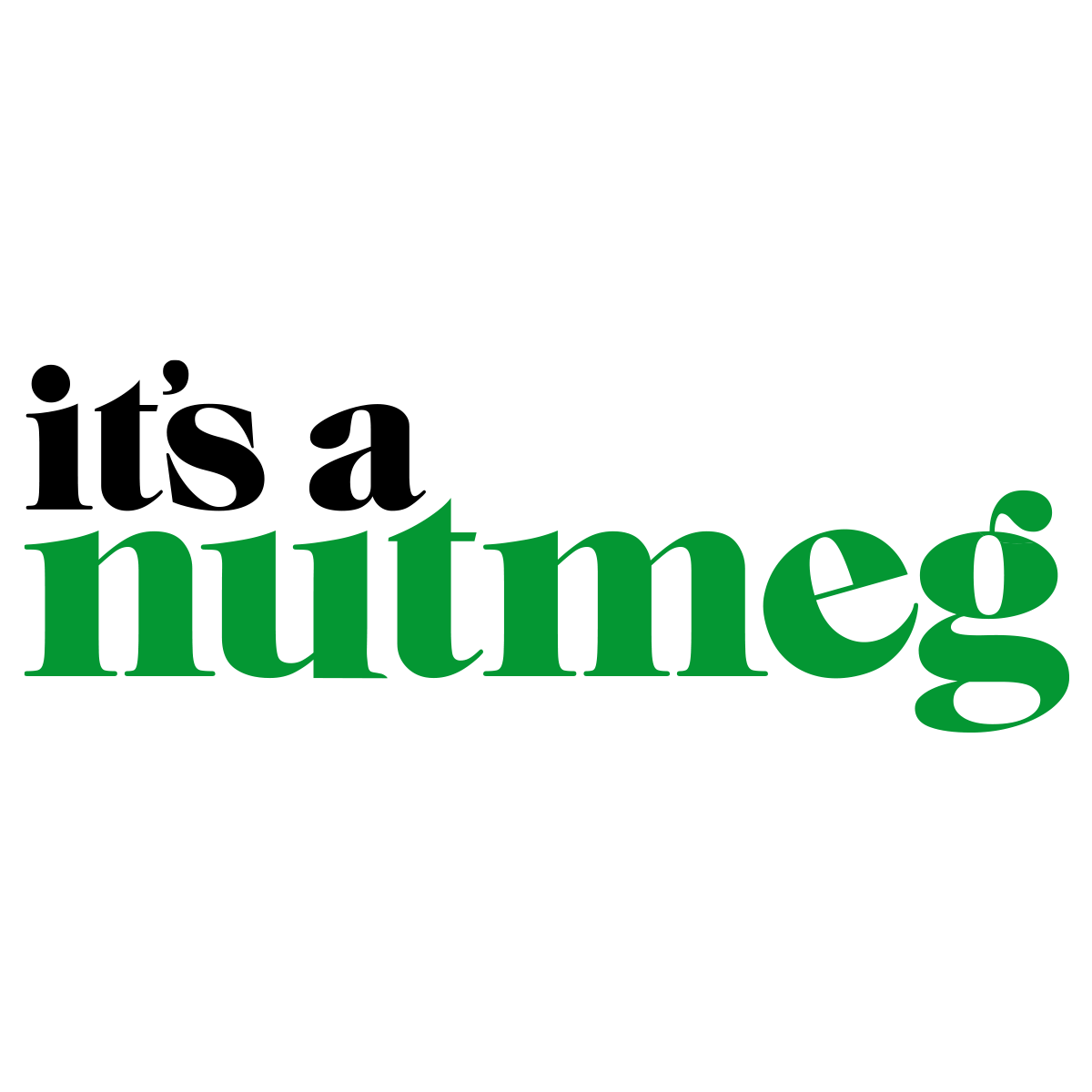
Mirror of the Soul: Parents and Children, Deep Reflections.
We stand before our children as towering figures, not just in stature but in influence. They are impressionable sponges, absorbing everything we do and say. This is not a burden, but a profound truth: we are, in essence, the architects of their world.
We like to believe we consciously teach our children by words and actions. But the deeper truth lies in the unconscious – the subtle echoes of our behavior that resonate within them. They learn not just what we say, but how we say it. They mirror our kindness, our stress, our respect for boundaries – or lack thereof.
Imagine a child observing a parent who prioritizes punctuality and honesty. These values become woven into the fabric of their being, a foundation for their own lives. Yet, a parent who disregards personal space, for instance, might unknowingly pass down a similar disregard, creating confusion in the child.
The blind spots are particularly interesting. We often see the positive traits we’ve inherited, but negative ones can linger unseen. A parent struggling with body image might unwittingly plant seeds of insecurity in their child. This underscores the importance of integrating our own well-being into our parenting journey.
The good news? We can rewrite the script. Therapy can be a powerful tool for unearthing these hidden patterns. « Corrective scripts » – conscious choices that diverge from our upbringing – can become the tools that liberate us and our children.
So, the next time you look at your child, remember: you are not just looking at a reflection of your genes, but a reflection of yourself. Embrace the responsibility, for within it lies the power to shape not just their lives, but the generations to come.
Reflective and Personal
As we stand before our children, we become towering figures, not just in stature but in influence. They are like impressionable sponges, absorbing everything we do and say. This is not a burden, but a profound truth: we are, in essence, the architects of their world.
We tend to believe that we consciously teach our children through words and actions. But the deeper truth lies in the unconscious – the subtle echoes of our behavior that resonate within them. They learn not just what we say, but how we say it. They mirror our kindness, our stress, our respect for boundaries – or lack thereof.
Imagine a child observing a parent who prioritizes punctuality and honesty. These values become woven into the fabric of their being, a foundation for their own lives. Yet, a parent who disregards personal space, for instance, might unknowingly pass down a similar disregard, creating confusion in the child.
The blind spots are particularly intriguing. We often see the positive traits we’ve inherited, but negative ones can linger unseen. A parent struggling with body image might unwittingly plant seeds of insecurity in their child. This underscores the importance of integrating our own well-being into our parenting journey.
The good news? We can rewrite the script. Therapy can be a powerful tool for unearthing these hidden patterns. « Corrective scripts » – conscious choices that diverge from our upbringing – can become the tools that liberate us and our children.
So, the next time you look at your child, remember: you are not just looking at a reflection of your genes, but a reflection of yourself. Embrace the responsibility, for within it lies the power to shape not just their lives, but the generations to come.
Deep and Evocative
As we stand before our children, we become towering figures, not just in stature but in influence. They are like impressionable sponges, absorbing everything we do and say. This is not a burden, but a profound truth: we are, in essence, the architects of their world.
We like to believe we consciously teach our children by words and actions. But the deeper truth lies in the unconscious – the subtle echoes of our behavior that resonate within them. They learn not just what we say, but how we say it. They mirror our kindness, our stress, our respect for boundaries – or lack thereof.
Imagine a child observing a parent who prioritizes punctuality and honesty. These values become woven into the fabric of their being, a foundation for their own lives. Yet, a parent who disregards personal space, for instance, might unknowingly pass down a similar disregard, creating confusion in the child.
The blind spots are particularly fascinating. We often see the positive traits we’ve inherited, but negative ones can linger unseen. A parent struggling with body image might unwittingly plant seeds of insecurity in their child. This underscores the importance of integrating our own well-being into our parenting journey.
The good news? We can rewrite the script. Therapy can be a powerful tool for unearthing these hidden patterns. « Corrective scripts » – conscious choices that diverge from our upbringing – can become the tools that liberate us and our children.

